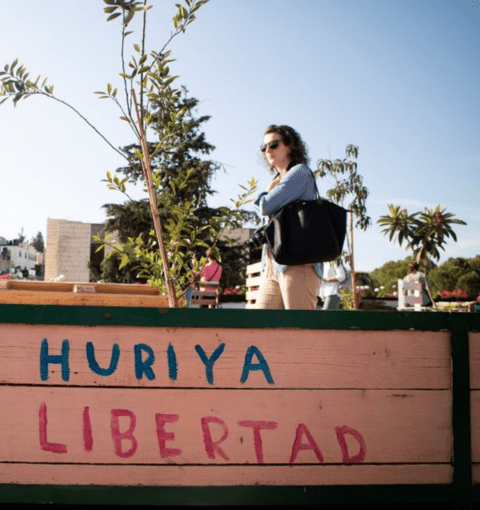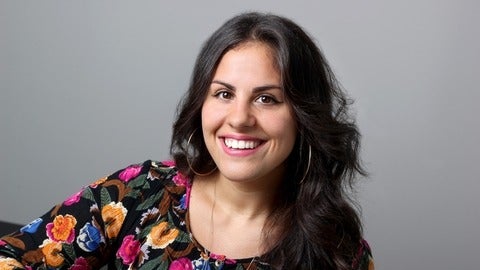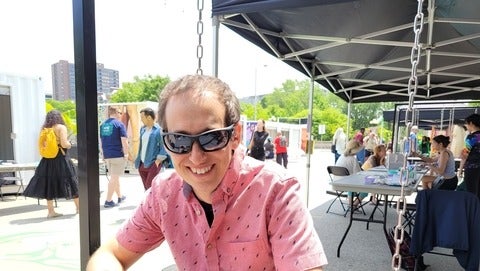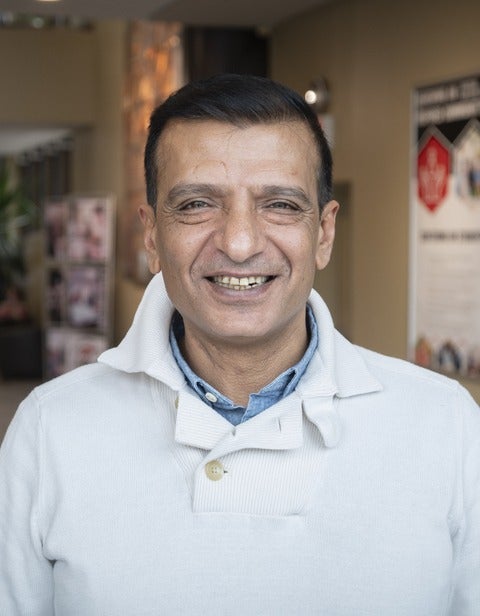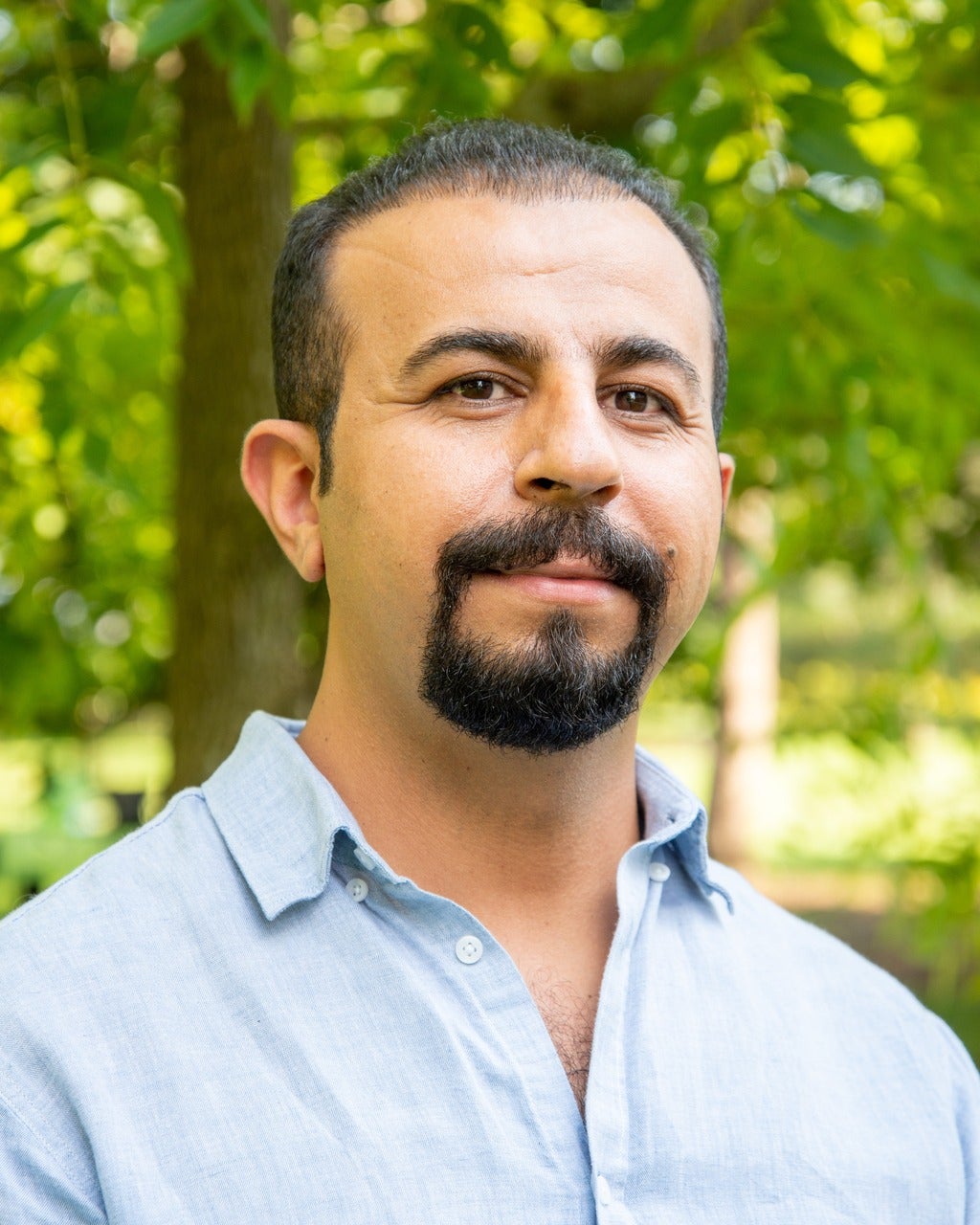Alumni Profile: Jessica Dyck (MPACS 2015) - To Leave A Stick
“When I was in Hebron, heading through checkpoints meant our Palestinian guide had to show his ID while I breezed through,” said Jessica Dyck, 2015 graduate of the Master of Peace and Conflict Studies (MPACS) program. “He wasn’t permitted to walk down certain streets in his hometown while I could. I was struck by how this mirrored what I have read and learned about apartheid South Africa.”
